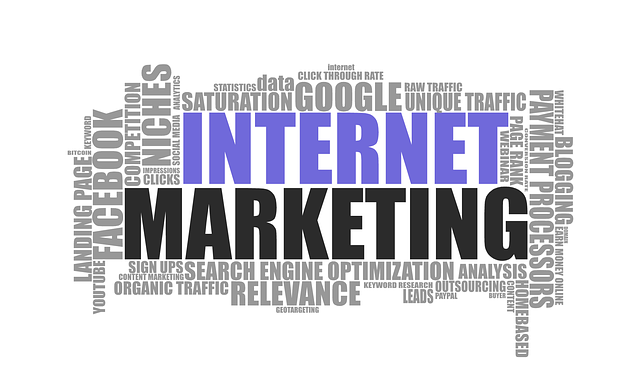AI bidding engines revolutionize public works landscaping by leveraging machine learning to analyze historical data, predict project outcomes with accuracy, automate contract lifecycle tasks, and ensure efficient, budget-conscious projects. These intelligent systems enhance industry competition, foster healthier landscapes, and offer substantial cost savings despite initial setup challenges related to data privacy, security, and hardware/software costs.
“The future of commercial landscaping and pest control is here, driven by artificial intelligence (AI). This transformative technology promises to revolutionize the industry, especially with AI bidding engines redefining public works landscaping contracts. Our article explores this emerging landscape, delving into two key aspects: how AI enhances efficiency in bidding processes and its impact on pest control services. By examining benefits and challenges, we uncover the potential for AI to reshape these sectors, offering innovative solutions for businesses and enhanced environmental management.”
- Unlocking Efficiency: How AI Bidding Engines Transform Public Works Landscaping Contracts
- The Rise of AI-Powered Pest Control: A New Frontier in Landscape Management
- Benefits and Challenges: Implementing AI in Commercial Landscaping and Pest Control Services
Unlocking Efficiency: How AI Bidding Engines Transform Public Works Landscaping Contracts

AI bidding engines are revolutionizing the way public works landscaping contracts are managed, bringing about unprecedented efficiency and cost savings. These intelligent systems utilize machine learning algorithms to analyze vast amounts of historical data related to past projects, material costs, labor rates, and market trends. By processing this data, AI engines can predict project outcomes with remarkable accuracy, enabling contractors to bid on jobs with confidence and precision.
The transformation extends beyond accurate bidding. AI engines streamline the entire contract lifecycle by automating tasks such as document review, resource allocation, and progress tracking. This not only reduces administrative burdens but also allows for real-time data insights, fostering better decision-making and ensuring projects are completed efficiently and within budget.
The Rise of AI-Powered Pest Control: A New Frontier in Landscape Management

The integration of Artificial Intelligence (AI) into pest control is revolutionizing the landscape management industry, opening up a new frontier in public works and commercial landscaping. AI-powered solutions are transforming traditional pest management practices with their advanced capabilities. These technologies offer precise and data-driven approaches to identifying and eliminating pests, ensuring healthier and more aesthetically pleasing landscapes.
AI bidding engines, for instance, can optimize the process of securing public works contracts, making it more efficient and transparent. By analyzing vast amounts of historical data on pest control projects, these engines provide insights that help landscaping companies make informed bids. This not only enhances competition but also ensures that contractors employ the most effective strategies from the outset, contributing to successful project outcomes and satisfied clients.
Benefits and Challenges: Implementing AI in Commercial Landscaping and Pest Control Services

Implementing Artificial Intelligence (AI) in commercial landscaping and pest control services offers both significant benefits and unique challenges. One of the key advantages is enhanced efficiency and cost-effectiveness through AI bidding engines for public works landscaping contracts. These advanced algorithms can analyze vast amounts of data, including historical project details, material costs, and labor rates, to provide accurate quotes and bid proposals. This not only streamlines the bidding process but also helps businesses win more contracts by offering competitive pricing.
However, integrating AI into these sectors presents certain hurdles. Data privacy and security become paramount as AI systems require access to sensitive information. Ensuring that customer data, site-specific details, and proprietary knowledge remain secure is essential for maintaining trust. Moreover, the initial setup costs can be substantial, involving advanced hardware, software licenses, and training for staff to use these new technologies effectively. Nonetheless, the potential for improved service quality, reduced operational expenses, and better resource allocation makes AI a compelling option for the future of commercial landscaping and pest control.
The integration of AI bidding engines into public works landscaping contracts offers significant potential for enhanced efficiency and cost savings. As discussed, these innovative tools analyze vast data points to optimize bid processes, ensuring fair pricing and improved project outcomes. Moreover, the rise of AI-powered pest control solutions opens new avenues in landscape management, providing precise, eco-friendly methods to combat pests. However, implementing these technologies comes with challenges, including initial costs and data privacy concerns. Commercial landscaping and pest control businesses must carefully navigate these obstacles to unlock the full benefits of AI integration, ultimately revolutionizing their services and staying competitive in the market.
